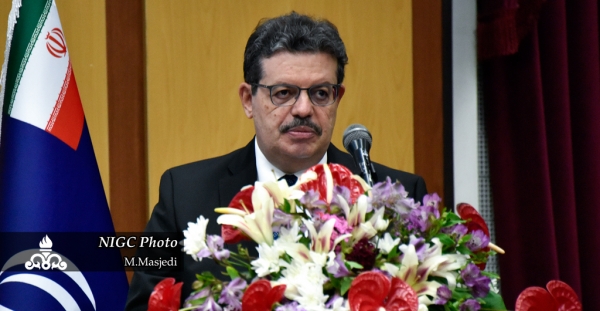According to the report of the public relations of the National Iranian gas Company (NIGC), he said that for more than a quarter of a century, this event has positioned Iran"s energy industry as one of the best and most resilient on the international stage. The Islamic Republic"s energy history goes beyond this.
"Iran was one of the first countries to reclaim sovereignty over its petroleum resources. It is a founder of OPEC. Iran boasts one of the largest proven natural gas reserves in the world, enjoys a prominent position in the energy world," he added.
Emphasizing that for the developing countries, natural gas is the fuel to drive sustainable development, he added that It fulfils the promise of "Energy for All", reduces air pollution, and remains the least-costly greenhouse gas emissions reduction pathway.
He said that the recent events are a clear evidence that underinvestment is detrimental to both producers and consumers. The needs are huge, estimated at around 8 trillion dollars by 2050.
He also stressed that the natural gas industry is capital intensive, with long lead times and payback periods. It demands policy and regulation stability. It also requires fair value for natural gas in order to ensure sufficient investments through the entire gas value-chain and the equitable risk-sharing amongst all gas market stakeholders to sustain the security of demand, as well as the security of supply. These are the two faces of the same coin.
"It is obvious that the world needs gas for a long time to come. The GECF will continue working with all stakeholders and overcome the challenges to provide efficient and reliable gas supplies to the world," he added.
